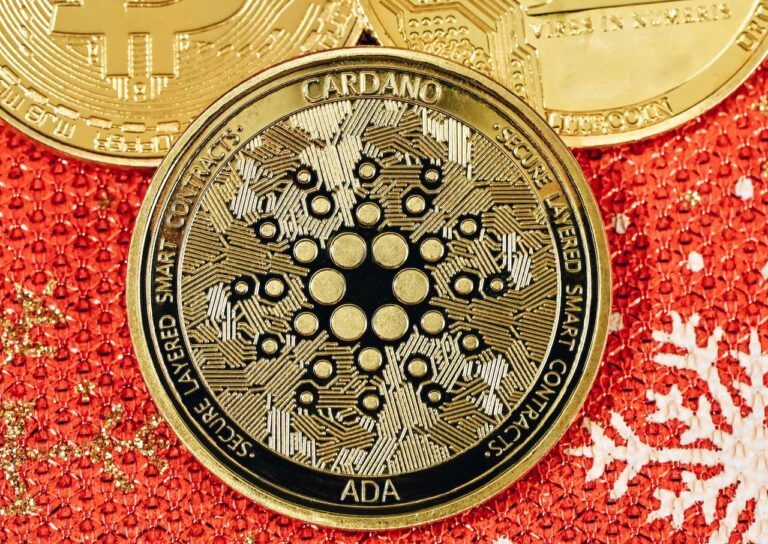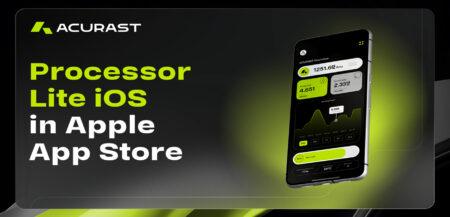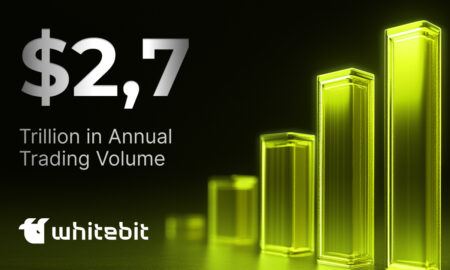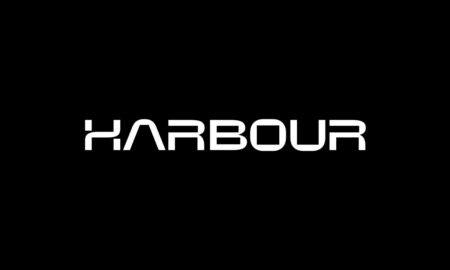The Chang hard fork is a pivotal upgrade for Cardano, representing a major step toward realizing the network’s vision of complete decentralization and community-driven governance. This upgrade marks the beginning of the Voltaire era, a phase that will empower ADA holders with the ability to directly participate in the decision-making processes that shape the future of the network.
At the core of the Chang hard fork is the introduction of on-chain governance mechanisms. These mechanisms allow ADA holders to vote on proposals, elect Delegate Representatives (DReps), and influence protocol changes. This shift from a centralized governance model, where decisions were primarily made by Input Output Global (IOG), to a decentralized one, where the community holds the power, is a defining moment for Cardano. The network will also see the establishment of a constitutional framework, ensuring that governance decisions are transparent and aligned with the community’s vision.
In addition to these governance changes, the Chang hard fork introduces several technical enhancements that will bolster Cardano’s security, scalability, and functionality. Advanced cryptographic capabilities, enhanced smart contract support, and improvements in decentralized application (DApp) development are all part of this upgrade.
Notably, Cardano’s unique Hard Fork Combinator (HFC) technology ensures that these upgrades can be implemented seamlessly, without splitting the blockchain into separate chains—a common issue in other blockchain networks. The HFC is designed to enable smooth transitions during upgrades, avoiding network downtime and other disruptions that often accompany hard forks on other blockchains. For the Chang hard fork to proceed, at least 70% of stake pool operators (SPOs) need to upgrade to the new node version, and 80% of exchange liquidity must be ready, ensuring a stable and secure transition.
However, despite the excitement surrounding this significant upgrade, there has been a setback. The Chang hard fork was initially scheduled for late August 2024 but has now been delayed. Charles Hoskinson, IOG Co-Founder and CEO, addressed the delay on the social media platform X, formerly known as Twitter, explaining that while the upgrade was ready, key exchanges like Binance needed more time to update their systems. Hoskinson described this situation as typical of large-scale upgrades, where some participants realize the urgency only as deadlines approach. He likened the delay to a rocket waiting for better weather before launching and confirmed that the new target date for the upgrade is September 1.
This delay, while disappointing, is seen as a necessary step to ensure that all components of the network are fully prepared for the transition. The community remains optimistic that the Chang hard fork will go live smoothly on the new date, marking a significant milestone in Cardano’s journey towards full decentralization. As Cardano enters the Voltaire era, it is expected to set new standards for how decentralized networks can be governed by their communities, reinforcing its position as a leading blockchain platform.
Featured Image via Unsplash









